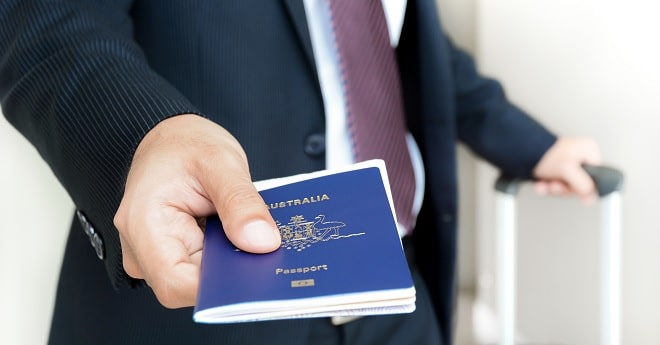The increased cost of Tier 2 sponsorship – could your business be impacted?

There are a few exemptions to the requirement and there is a lower fee for small organisations and charities, but for many employers, the charge will mean a substantial increase to the costs of recruiting from outside the EEA. Organisations wishing to sponsor non-EEA migrants are already required to pay fees in relation to applying for a sponsor licence and assigning the certificate of sponsorship, and for some organisations this additional cost could lead to them re-considering their recruitment plans.
The charge applies to certificates assigned from 6 April 2017, so will not be payable where a certificate had already been assigned when the charges were introduced, even if the migrant has not yet started work.
Employers are not permitted to pass the charge onto the worker.
When do the exemptions apply?
- if an individual is already in the UK under Tier 2
- for graduate trainees under the Intra Company Transfers (ICT)
- for workers who are sponsored to carry out PhD level occupations
- if the individual is applying from outside the UK and the visa is for less than six months
- if the individual is applying to switch from Tier 4 (student visa).
What this means for you
If you already have a sponsor licence, the charges will not apply to the migrants you currently sponsor or to anyone you assigned a certificate to prior to 6 April 2017. However, for any certificates you assign going forward there may be an additional upfront fee for you to pay which you should take into account when working out the overall cost of sponsoring the migrant.
If you are not yet a sponsor, but were/are considering applying for a licence, the skills charge does not mean that you should definitely change your plans. For many organisations, particularly those in specialist sectors, recruiting from outside of the EEA is a necessity and the skills charge is not going to change this. However, the additional cost is something to consider when weighing up the pros and cons of becoming a sponsor.